The Turkish political scientist Umur Tugay Yücel published recently a book titled “The decline of US power and rising new powers”. Herein, he discusses the new global balance of power. According to Yücel, the US power is in decline, being replaced by other nations. This opens a new era in world politics. Naming China, Russia and India among the rising powers, Yücel also examines the end of the liberal-globalist order.
We conducted an interview with Yücel departing from this main idea of his book. Of course, the changing global balance of power needs an evaluation from Türkiye’s perspective. These processes are not only important from an analytical point of view. They also need attention to guide Türkiye in light of the new facts when the country seeks to solve its problems in terms of security and economy.
Why does Türkiye not need any more help from the US?
We see Türkiye as a central state, that is, a power center country with global influence. Because of this position, Türkiye needs to increase multilateral cooperation and strategic engagement. In other words, the fact that we only have relations with the rest in the fields of education, culture, infrastructure, economy and finance creates problems. We already see this because we have them with the United States of America and Europe.
Cooperation with many
Instead, we are talking about platforms where we will cooperate with many countries such as China, Russia, India, Brazil and many others from the Persian Gulf to various Asian states such as Indonesia and Malaysia. So there is no reason for us to cooperate only with Western countries in defense and energy. Let me remind you that it is not our allies who are building Türkiye’s first nuclear power plant today. This is done by Russia, our so-called “historical enemy”. Also, the missiles that we developed after 2000 are the result of our cooperation with China. Türkiye’s infrastructure such as railroads and bridges are built together with our Asian partners, not with Western partners. So, after 2000 there is already some force that pushes us away from them.
“We are labelled as authoritarian”
Western countries have been cooperating with China for years, and when we want to do it they say “You’re working with authoritarian governments”. But their own companies operate there. They called it a communist, dictatorial country, but that is also how they brought all their companies there. But when we work, they run through NGOs, “Türkiye is becoming authoritarian”. I can’t understand that. They have been cooperating for a long time with China or building networks of energy hubs with Russia for years. But when we enter into nuclear power plant project with Russia, the West asks: “Do you support dictators?”, “Are you building close relations with authoritarianism?”
Today we want to work more closely with the Gulf states and covers of newspapers are abuzz with headlines like “Türkiye moving closer to monarchies”. They themselves have been turning the United Arab Emirates into this for years. The West gave the biggest publicity to Qatar, with the World Cup there. When you want to cooperate with these states, we are labelled as authoritarian and totalitarian.
We see clearly that our Western allies are losing to the non-Western world. This is already a big topic of discussion in Türkiye today. I can openly say that the West has lost its values, norms, rules and principles, if they exist at all.
What keeps Türkiye in NATO?
In fact, I am one of those who believe that we should withdraw from NATO entirely by creating new alternatives or replacing the capabilities provided by NATO with its weapons standards and cooperation. But there is, of course, also the issue of accumulation. There is a system, military organization, economic and operational opportunities NATO provides.
NATO’s diminishing role for Türkiye
However, when we talk about today, we see that all things are gradually playing a smaller role for Türkiye. In other words, we observe that it does not provide us with any support in the fight against terrorism or on the situation in Syria. In fact, as a result of the developments in the Russian-Ukrainian conflict, that is, as a result of NATO and Russia getting into the fight, it is a mystery how Türkiye will feel about this. Because, their confrontation does not coincide with our strategic goals.
Unfortunately, we see that NATO is gradually turning into an organization that complicates Türkiye’s goals rather than supporting us and facilitating our work. Of course, this is also the case in one-on-one relations with member countries. In other words, when we do arms trade with Germany, the US or others, they impose a lot of conditions. They impose a bunch of rules and regulations, such as “You can’t use weapons in this region”, “You can’t use weapons against such and such people and things in such and such an area”. So, these restrictions create a lot of problems.
I am among those who think that Türkiye should first prepare the infrastructure for leaving NATO. This is not so easy, it would take some time, because in the army, bureaucracy we have those who have been trained and brought up in NATO style. It is quite difficult to change all of that at once.
How to limit foreign interference
How will Türkiye respond to US interference in its elections?
But even before leaving NATO, Türkiye can provide a strategic response to this US election meddling. For example, Türkiye can pass new laws regulating non-governmental organizations or new rules regarding the participation of foreigners in these elections. I think foreign interference can be limited through such rules. But it is a complicated process because in order to do it, you need to have serious evidence and information.
Our economic structures should be especially strong because we are openly threatened by Westerners, Germany, France and the US, which is kind of our ally. They even threaten Türkiye more openly than Georgia and Mexico.
Of course, it has to do with influence. The more you adhere to the rules or principles of non-interference in domestic affairs in economics, politics, international relations and platforms, the stronger your position in international relations becomes. We see this in Syria, like many other places. That is why we should not interfere in the internal politics of other countries, whether it is a communist system or Sharia system or whatever. But this is exactly what our Western allies are doing.





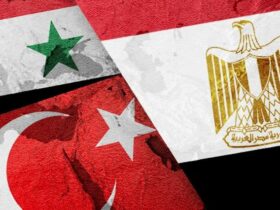

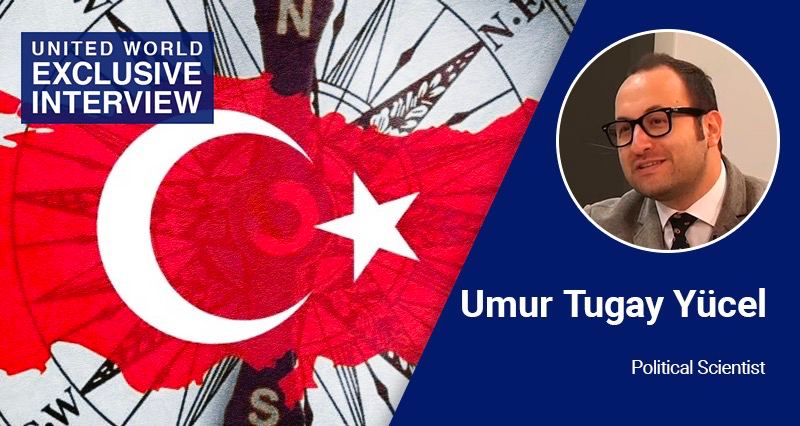

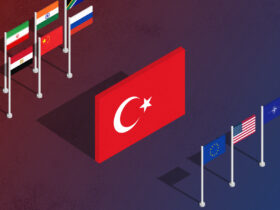
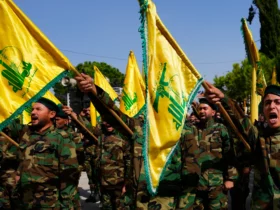
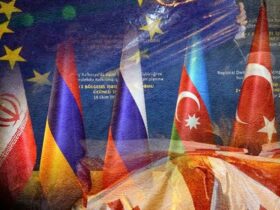
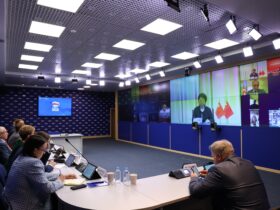
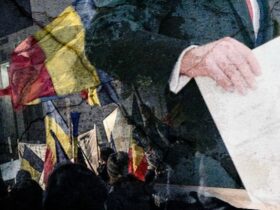
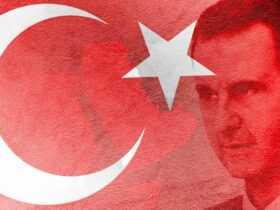
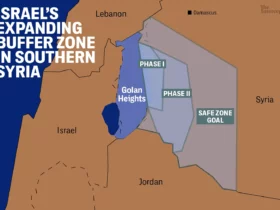

Leave a Reply